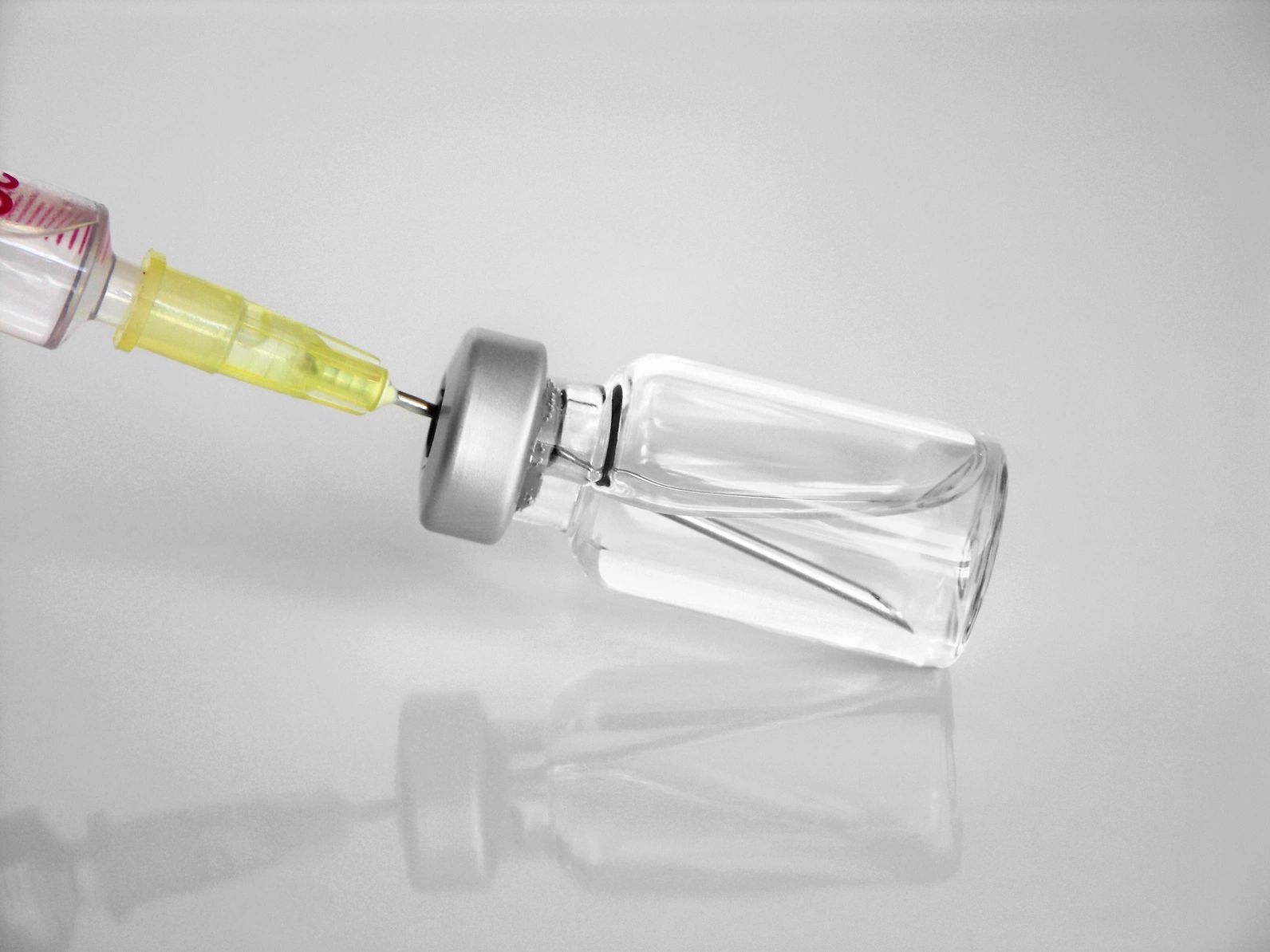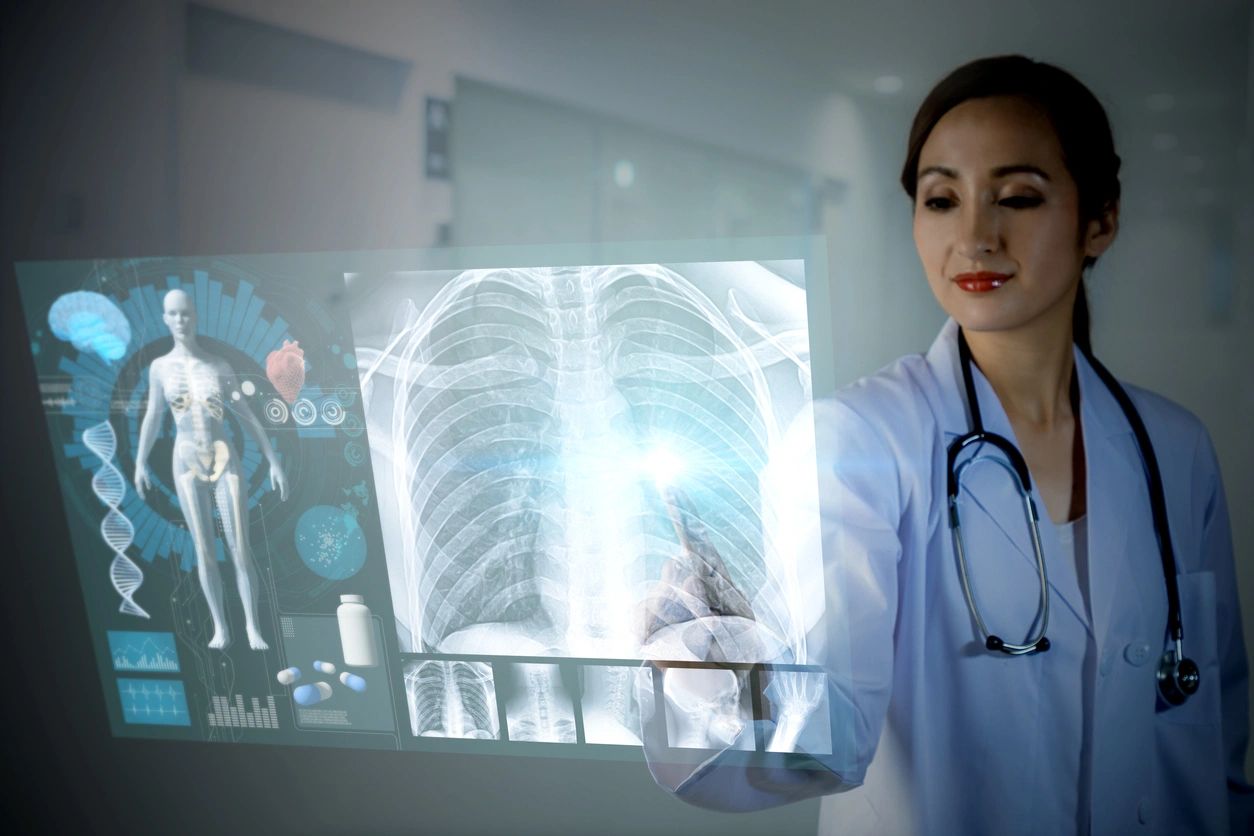Researchers find that the BioNTech-Pfizer vaccine is able to neutralize the UK variant of COVID-19 and provide people with immune protection.
By Kate Stone
In a recent study evaluating the BioNTech-Pfizer vaccine’s ability to neutralize the B.1.1.7 or UK variant of COVID-19, researchers found the same level of immune protection compared to that against the original strain of the virus. Their conclusion was based on blood samples from 40 people who received the BioNTech-Pfizer vaccine during clinical trials. According to the research team, their results show it is “unlikely that the UK variant virus will escape … protection” of this vaccine.
UK Variant of COVID-19
In September 2020, the SARS-CoV-2 lineage B.1.1.7 was discovered in the United Kingdom. It was more easily transmitted from person to person and rapidly spread to other countries. The B.1.1.7 variant has a series of mutations in its spike (S) protein, which it uses to invade cells in the body of a new human host.
Scientists are asking whether a virus with the large number of mutations found in the spike protein of lineage B.1.1.7 could be neutralized by the blood from people who receive the BioNTech-Pfizer COVID-19 vaccine. To investigate, Alexander Muik, Ugur Sahin and their colleagues generated SARS-CoV-2-S pseudoviruses bearing either the original reference strain or the B.1.1.7 lineage spike protein. They tested these viruses with blood sera (the clear part of blood that remains after the solids have been separated out) of 40 people who had received the BioNTech-Pfizer COVID-19 vaccine following the recommended regimen of two doses given 21 days apart. The results suggest that the UK Variant of COVID-19 won’t “escape” vaccine-provided protection.
However, there are limitations and reasons for caution going forward. According to the researchers, “Although sustained neutralization of the current B.1.1.7 variant is reassuring, preparation for potential COVID-19 vaccine strain change is prudent. Adaptation of the vaccine to a new virus strain would be facilitated by the flexibility of mRNA-based vaccine technology.”
Vaccine Misinformation is Dangerous
Where do you get your information? Research shows that people who rely on social media for health information are more likely to have inaccurate beliefs about vaccine safety.
VACCINE MISINFORMATION AND SOCIAL MEDIA
Reference
Muik, A., Wallisch, A.-K., Sänger, B., Swanson, K. A., Mühl, J., Chen, W., Cai, H., Maurus, D., Sarkar, R., Türeci, Ö., Dormitzer, P. R., & Şahin, U. (2021). Neutralization of SARS-CoV-2 lineage B.1.1.7 pseudovirus by BNT162b2 vaccine–elicited human sera. Science. https://doi.org/10.1126/science.abg6105
The information contained in this article is for informational purposes only and is not intended as health or medical advice. Always consult a physician or other qualified health provider regarding any questions you may have about a medical condition or health objectives.




